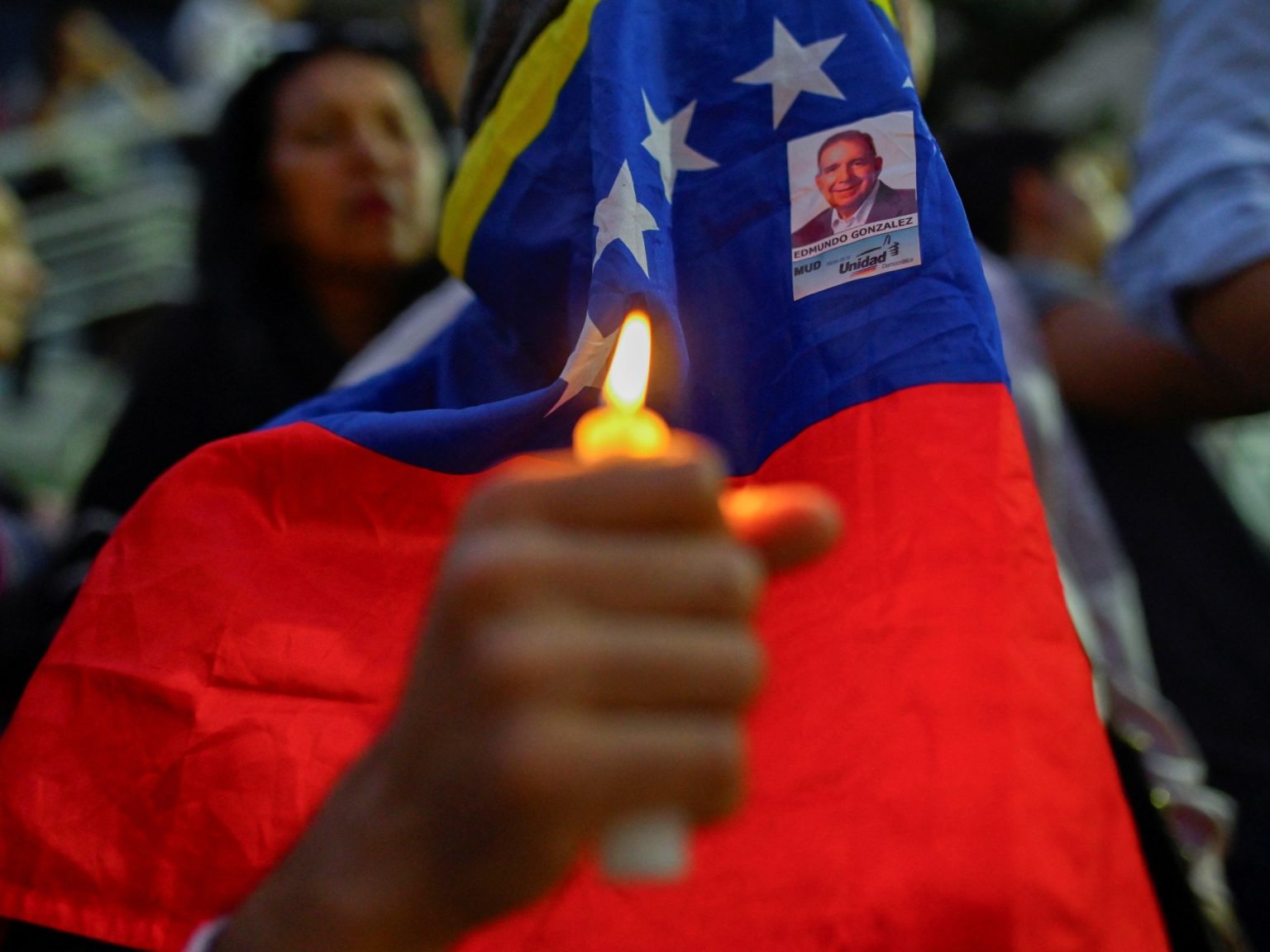Venezuela’s National Assembly, dominated by the pro-government party, has recently enacted the Simon Bolivar Liberator law, which introduces severe penalties for officials who endorse or facilitate international sanctions imposed by the United States. This legislation prohibits any individual supporting U.S. sanctions against the Maduro government from holding public office for a duration of up to 60 years. Additionally, those found guilty of promoting or participating in these coercive measures could face imprisonment ranging from 25 to 30 years. The law further empowers the government to shut down broadcasting media that aligns with sanction-friendly narratives and impose hefty fines of up to $51.7 million on text-based media outlets.
This legislative move represents a significant escalation in the ongoing conflict between the Maduro administration and political opponents who have contested the legitimacy of his rule. Following the July presidential election, which has been widely criticized for its dubious integrity, opposition leaders assert that their evidence suggests a substantial victory over Maduro. However, Maduro has consistently rebuffed calls for transparency, refusing to disclose data that could support his claims of electoral success. This atmosphere of tension has led to widespread unrest, with government forces responding to protestors with robust repression and a slew of laws viewed by human rights advocates as mechanisms aimed at silencing dissent.
The passage of the Simon Bolivar Liberator law comes in the wake of increased pressure from the United States, particularly following the introduction of the Bolivar Act in the U.S. House of Representatives, which would restrict American government entities from engaging with Maduro-aligned officials. Maduro has disparaged the Bolivar Act, describing it as “trash.” Moreover, the ongoing political landscape has seen heightened sanctions from the U.S., targeting individuals believed to be complicit in the heavy-handed tactics employed against post-election dissenters.
Edmundo Gonzalez, a prominent opposition figure and self-identified rightful leader of Venezuela, has gained support from the U.S. and the international community amidst the tumultuous political climate. After fleeing to Spain during the crackdown following the election, Gonzalez has announced plans to return to Venezuela in early January, coinciding with the inauguration of the election winner. His willingness to face potential detention upon his return underscores the high stakes involved in Venezuela’s political struggle, as well as the commitment to challenge what he and many others see as an illegitimate regime.
The recent legislative actions and intensified sanctions indicate a deepening divide within Venezuela’s political landscape. The Maduro government’s strategy appears to be one of consolidation of power through restrictive measures that not only hinder opposition activity but also curtail freedom of expression within the media. The implications of the Simon Bolivar Liberator law extend beyond immediate political ramifications; they signal a harsh reality for Venezuelans who dare to challenge the current administration or express dissent openly.
In conclusion, the ongoing turmoil in Venezuela reflects the broader struggle between authoritarian governance and democratic aspirations, pitting a repressive regime against resilient opposition forces. The international community, particularly the United States, continues to play a critical role in shaping the narrative through sanctions and support for opposition leaders. The outcome of this ongoing conflict remains uncertain, but with figures like Gonzalez poised to re-enter the fray and a government increasingly willing to wield punitive laws, the path ahead promises to be fraught with significant challenges and turmoil for the Venezuelan populace.

